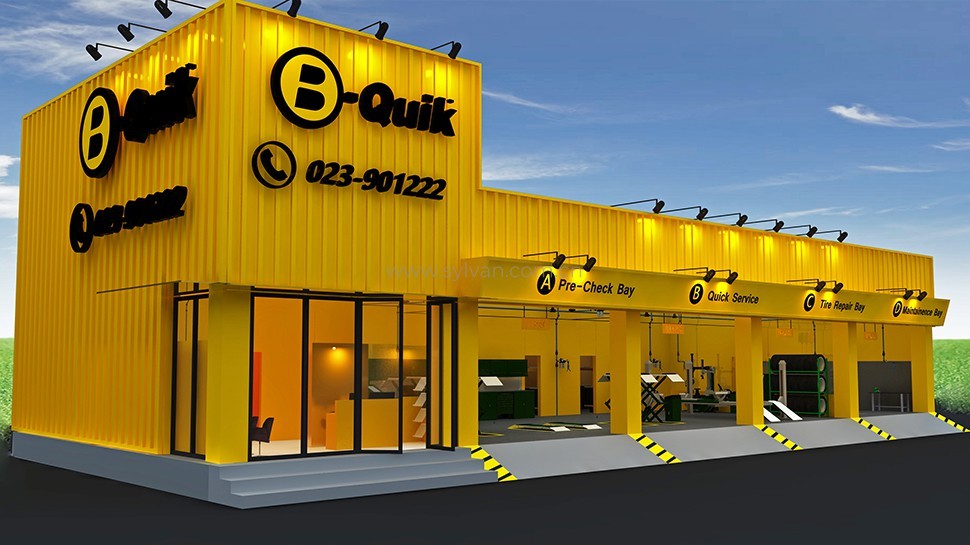The Ecological Advantages of Correct Tire Upkeep
Keeping proper tire care is usually ignored, yet its influence on the environment is profound. From lowering gas usage to lowering exhausts output, the advantages are significant. Correct tire maintenance not just prolongs the life-span of tires yet likewise lowers garbage dump waste and adds to boosted air quality. The interconnectedness of these advantages highlights the important role that basic maintenance techniques can play in promoting ecological sustainability.
Decreased Gas Consumption
Improving tire maintenance methods can lead to a considerable decrease in gas usage for vehicles. According to the U.S. Department of Energy, underinflated tires can lower gas mileage by 0.2% for every 1 psi drop in pressure in all four tires.
In addition to tire stress, normal tire turnings and placements additionally play a vital duty in fuel effectiveness. Unevenly worn tires can enhance fuel consumption as the engine functions harder to keep rate and grip. By preserving appropriate positioning and turning tires at recommended intervals, drivers can make sure even extend the life and wear of their tires, ultimately saving gas and lowering their carbon footprint.
Extended Tire Life-span
Prolonging the life-span of tires is an essential facet of efficient vehicle maintenance methods that can generate cost savings and ecological benefits over time. By effectively preserving tires, chauffeurs can substantially extend their usability, reducing the regularity at which brand-new tires need to be produced and old ones taken care of. This not only conserves beneficial sources yet likewise minimizes the energy and exhausts connected with tire production and disposal procedures.
Consistently inspecting tire pressure, turning tires, and ensuring correct positioning are essential actions in extending tire life expectancy. Adequate walk deepness is important for optimal traction and safety and security, however it additionally contributes in the length of time tires can be made use of before needing replacement. In addition, preventing hostile driving habits that accelerate tire wear, such as extreme stopping and sharp turns, can additionally enhance tire longevity.
Ultimately, boosting the long life of tires through positive upkeep not just benefits the environment by minimizing waste and preserving resources however also causes set you back financial savings for vehicle owners by delaying the need for new tire acquisitions.
Reduced Exhausts Output
Efficient tire maintenance methods add to a decrease in exhausts output, lining up with environmental sustainability goals in the vehicle industry. Effectively filled with air tires, on a regular basis revolved and aligned, can enhance gas effectiveness, hence reducing the total carbon dioxide emissions from cars. When tires are underinflated, the engine must function harder to move the car, leading to enhanced fuel consumption and higher emissions. By keeping optimum tire stress degrees, motorists can assist reduce these negative environmental influences.
In addition, properly maintained tires likewise improve grip and minimize rolling resistance, even more enhancing gas effectiveness. This, in turn, lowers the quantity of exhaust gases released into the environment. Additionally, making certain tires are effectively pumped up and lined up can extend the life-span of the tires, lowering the frequency of tire visit the site replacements and the linked environmental expenses of tire production and disposal.

Reduced Land Fill Waste
Given the positive impact of correct tire upkeep on decreasing emissions result, an additional considerable ecological benefit is the capacity for reduced garbage dump waste. By making certain that tires are appropriately inflated, lined up, well balanced, and rotated routinely, their life-span can be substantially prolonged.

Improved Air Quality
Enhancing air high quality with appropriate tire maintenance methods is a vital aspect of lasting ecological stewardship. When tires are underinflated, they create much more rolling resistance, resulting in enhanced fuel usage and higher exhausts of damaging contaminants such as carbon monoxide gas and nitrogen oxides. Correctly filled with air tires not just enhance gas efficiency but also reduce the quantity of pollutants launched right into the air.
In addition, properly maintained tires with proper step depth and placement add to safer motoring problems, decreasing the probability of crashes that can cause the launch of added contaminants into the environment. By expanding the life-span of tires through regular upkeep and rotation, fewer tires are discarded prematurely, reducing the environmental effect of tire disposal and production procedures.
Verdict
In conclusion, correct tire maintenance supplies various ecological benefits. It is vital for individuals to focus on tire maintenance as a simple yet reliable method to safeguard the environment for future generations.
Correct tire maintenance not only expands the life expectancy of tires but additionally reduces landfill waste and adds to improved air top quality - tire tracks morris il. By keeping proper placement and turning tires at advised intervals, drivers can make certain even put on and extend the life of their tires, eventually conserving fuel and reducing their carbon impact
By properly preserving tires, drivers can significantly extend their functionality, reducing the regularity at which new tires need to be made and old ones disposed of.On a regular basis checking tire pressure, revolving tires, and guaranteeing correct alignment are necessary steps in prolonging tire life-span. Additionally, making sure tires are properly pumped up and straightened can extend the life expectancy of the tires, reducing the frequency of tire replacements and the connected ecological costs of tire additional resources production and disposal.